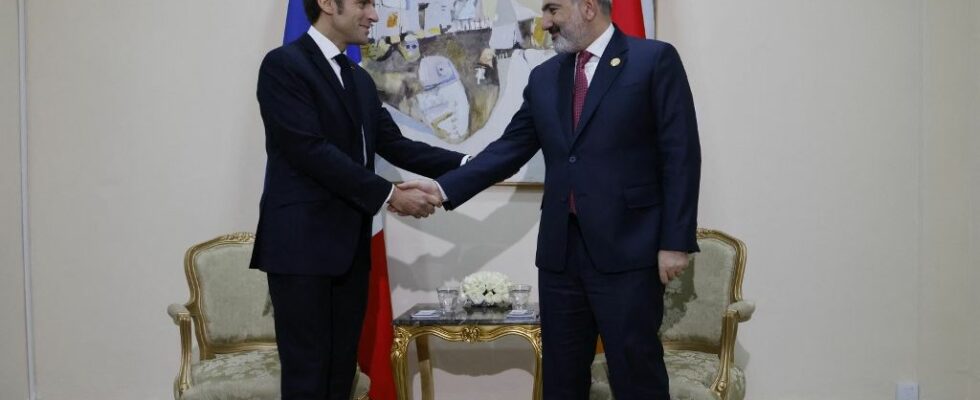Leaders of French-speaking countries gathered at a summit in Tunisia on Saturday, with the ambition of seeing the bloc play an “increased role” internationally in resolving the ongoing crises. The International Organization of La Francophonie (OIF), a space of 88 member, associate or observer countries, must assert “its influence in a fractured world” by multiple crises, estimated its secretary general Louise Mishikiwabo, at the start of a two-day summit on the island of Djerba.
“La Francophonie must remain a link to prevent tensions from degenerating into conflicts”, underlined the former head of Rwandan diplomacy, advocating an “uninhibited Francophonie” and “more united” in “the elaboration of common positions” to move towards a “redesigned multilateralism”. She cited the many “storms” the planet has been going through, including the Covid-19 pandemic as well as environmental and technological challenges.
Focus on economy
The summit must officially focus on the economy, with the slogan “digital as a vector of development”. “It is our responsibility to lead the battle for youth employment in our space,” said Ms. Mishikiwabo, whose projects also focus on women’s entrepreneurship.
The OIF summit — founded in 1970 — coincides with the final phase of COP27 on the climate in Egypt and follows a G20 meeting in Indonesia dominated by the war in Ukraine, an observer country within the OIF.
“Tangible results”
The head of the OIF did not mention this conflict in her speech, but French President Emmanuel Macron, present at the summit, said he wanted to discuss it with the other leaders, according to his entourage. On this issue, a gap has widened between African countries regretting a lack of international solidarity with the continent, in the face of Westerners who are very mobilized on the other hand to come to the aid of Ukraine.
Kais Saied, the President of Tunisia, who is hosting this summit sixteen months after his coup in July 2021, expressed the wish to see the meeting bring “tangible and effective results” in the face of “the upheavals that the world is experiencing”.
“Purr of the Summits”
On behalf of France, Emmanuel Macron advocated a “Francophonie of action” far from the “purr of the summits”. He had an interview with President Saied, after which France announced a loan of 200 million euros to Tunisia, to support its faltering economy. Recalling that Tunisia, “like many countries in the region, was very dependent on Ukrainian and Russian cereals”, Mr. Macron stressed that “funding has been provided” to help it obtain wheat supplies.
In addition to Mr. Macron, other leaders such as the Canadian Justin Trudeau, the President of the European Council Charles Michel or the Senegalese Macky Sall are in Djerba. On the other hand, the president of the Democratic Republic of Congo, Felix Tshisekedi, preferred to stay in his country in the midst of the conflict in the east with the M23 rebels. And his Prime Minister, Jean-Michel Sama Lukonde, refused to pose in the family photo next to Rwandan President Paul Kagame to “show the total disapproval of the government against Rwandan aggression”, he said on Twitter .
Re-election of the General Secretary of the OIF
For his part, Nikol Pashinian, Prime Minister of Armenia and outgoing President of La Francophonie, used his speech to denounce the “unjustified and unprovoked pressures” from Azerbaijan, its neighbor. He called on the international community to condemn “the occupation of parts of Armenian territory” and demand “the return of Azerbaijani forces to their previous positions”.
The re-election for four years of the secretary general of the OIF, alone in the running, is also on the menu of the meeting until Sunday between representatives of this space of 321 million French-speakers, called to become 750 million in 2050, thanks to Africa.

